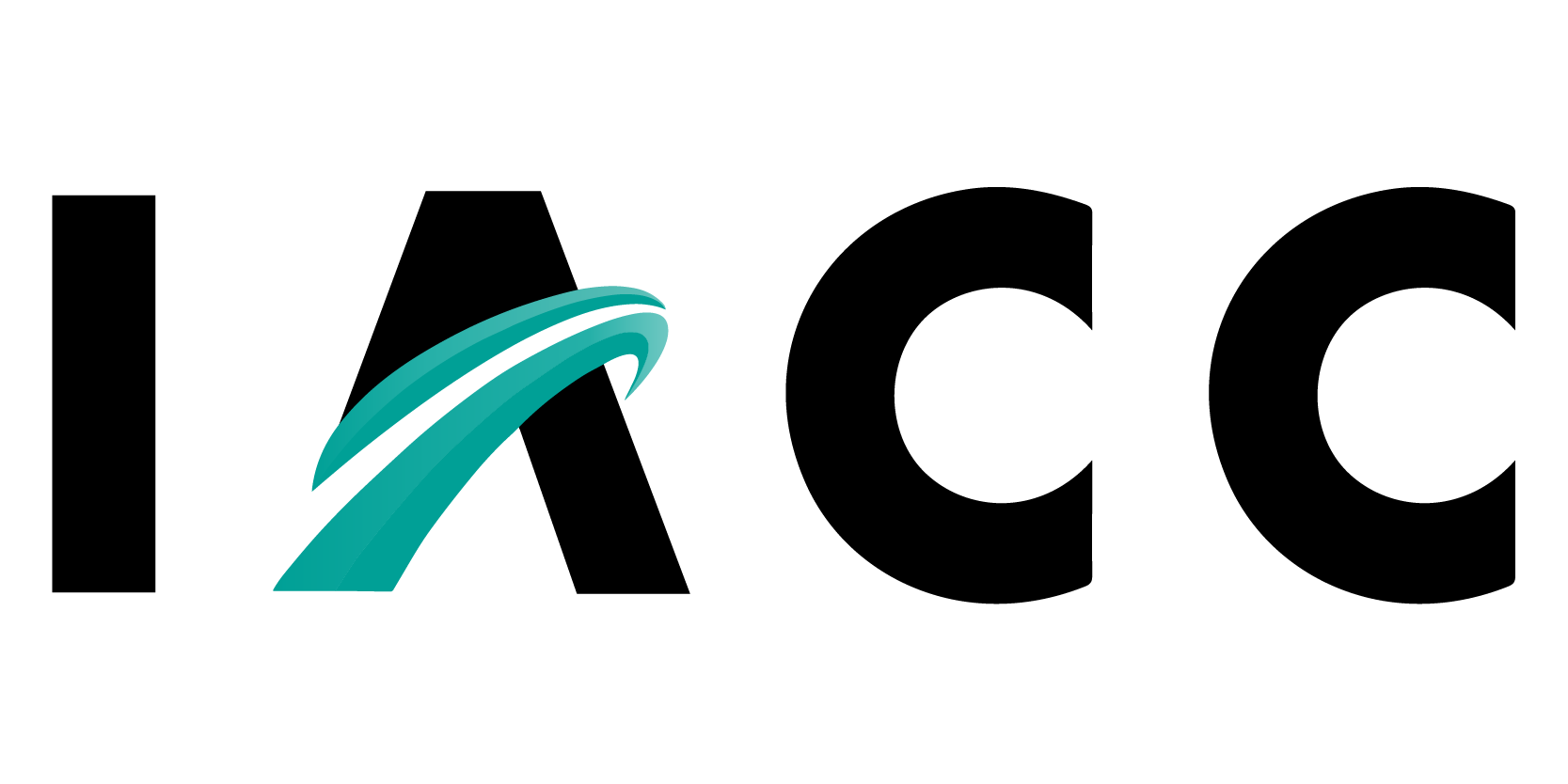Top 10 Skills Employers Are Looking For Now

So you’d like to make a good living doing things you’re actually good at, but you’re struggling to communicate your strengths to prospective employers. You’re not alone!
Of course, jobs have hard skill components that vary by organization and by role; if you’d like your business card to say “JavaScript Programmer” you’re going to need to be able to code in JavaScript, and if you want it to say “Attorney” you’ll need to pass the Bar exam. But there are some core skills that will make you attractive to prospective employers in any field and any role.
The top skills and traits recruiters are looking for in every field and any role are:
- Communication
- Organization
- Leadership
- Self Awareness
- Grit
- Collaboration
- Results-driven
- Positive
- Dependability
- Resourcefulness
Wondering what each of these skills looks like? Read on!
1. Communication
Know how to communicate your skills! When you apply for a position, the ability to “read the room” and curate your skill set in a way your employer will understand and appreciate can seriously distinguish you from the competition. You’d be amazed at how many people’s resumes are choked with antique trivia about everything they’ve ever learned to do. Be strategic! Your application for “app developer” doesn’t need to include a comment on your ability to launch a Word document. Focus your description of what you can do so that your prospective employer can picture you in the role.
2. Organization
Master the fine art of executive function! In any field, in any role, employers love seeing that you can stay organized. Cultivate a reputation for knowing what’s going on (and when, and where). Be the person who keeps meetings on track, who never loses sight of a deadline, and who knows what assets and attributes your teammates bring to a project.
3. Leadership
Showcase your leadership potential. Even if you’re not explicitly in a “leadership” role, having good leadership ability can help you get hired and it can help you thrive in your job. “Leadership” can be somewhat context-specific, but the skill set of a solid leader usually involves confidence in your own vision coupled with the ability to listen and synthesize the contributions of others. Think through ways you’ve demonstrated the ability to lead, and make sure your prospective employer can see your potential.
4. Self Awareness
Cultivate self-awareness. “Know Thyself” is the phrase the ancient Greeks inscribed over the entrance to the Temple of Apollo at Delphi—and there’s a reason for that. One of the master skills valued by employers and pretty much everyone else in your life is the ability to understand yourself. Self-aware people understand their own styles of working, processing information and handling relationships. They’re able to ask for help when confronted with something they’re not sure how to do. They take responsibility when appropriate and advocate for themselves and for others.
5. Grit
Demonstrate grit. Also known as “resilience,” this is a learned ability to roll with the punches, to not freak out in the face of a difficult deadline, a failure, or a workplace discomfort—to keep your cool even when things around you are heating up. Please note that “grit” doesn’t require you to suffer a toxic workplace in silence—we’re talking about having the perspective and discernment to pick your battles.
6. Collaboration
Play nicely with others. Some people are collaborators by nature and some tend to be soloists, but anyone can learn to work with others, and we all should. It results in outcomes like short, productive, focused meetings—and products released on schedule. It cuts down on errors and miscommunications and it tends to lead to high-morale workplaces. If you know you’re a little weak on the collaboration side, it’s worth some skill-building, because it’s a rare employer who doesn’t like team players.
7. Results-driven
Know how to keep your eyes on the prize. Employers in pretty much all sectors value folks who are results-driven. “Results” can obviously mean different things in different positions, but “know your deliverables and deliver them” pretty much gets it done in any workplace.
8. Positive
Accentuate the positive. If you have the ability to leave your inner Eeyore at the office door, make that clear to your prospective employer. Being a glass-half-full type can serve you in good stead at work. Important note: we’re talking about genuine positivity, and not its dishonest and tyrannical half-sibling “Toxic Positivity.” It’s not about suppressing all emotions that aren’t joy and optimism, no matter the cost. Be someone who acknowledges reality. You don’t have to say “I’m doing great!” when your world has temporarily cratered. But to the extent that you can lead with a can-do attitude and an assumption that things will work out? It’s a good plan for making yourself a welcome sight at work.
9. Dependability
Be dependable. As obvious as this seems, people still need to hear it. The percentage of workplaces where flakiness is appreciated is roughly “zero.” Make yourself known as someone who shows up, literally and figuratively.
10. Resourcefulness
Redefine resourcefulness. Ironically, this can be difficult for the supernaturally dependable and sometimes easy for seat-of-the-pants types. But being the kind of person who comes through in a crunch isn’t always a matter of dependability: sometimes it’s the ability to make do with less—whether that looks like a budget cut or a connectivity glitch—or the tendency to think expansively or unconventionally about ways to use the tools at your disposal.
Want a little help to make sure your top skills shine in your résumé or next interview? A career coach certified by the International Association of Career Coaches can help! We can help you find one here.
